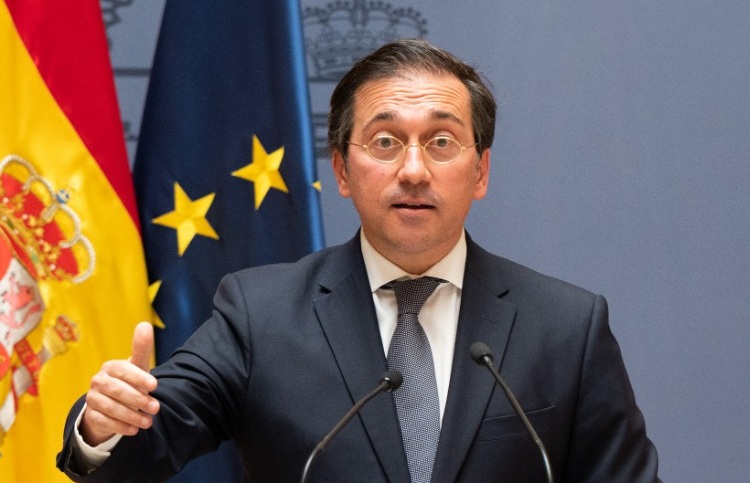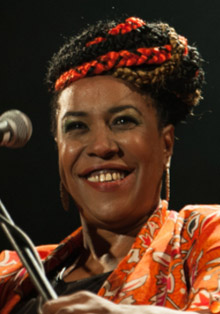Luis Ayllón
The Spanish government is taking steps to try to get the Cuban authorities to release the ABC correspondent in Havana, Camila Acosta, who was arrested after reporting on the demonstrations taking place on the island demanding freedom, sources from the Ministry of Foreign Affairs told The Diplomat.
The sources added that the Embassy and the Consulate General in Havana “are making the necessary and discreet efforts to be effective” with the local authorities.
Yesterday, the Minister of Foreign Affairs, José Manuel Albares, called on his Twitter account for the immediate release of the journalist, after insisting that “Spain defends the right of Cuban citizens to demonstrate freely and peacefully” and asking the Cuban authorities to respect it.
“We defend human rights without conditions,” Albares added in his tweet, in line with the statement issued by the Ministry, which was reported yesterday by The Diplomat.
España defiende el derecho a manifestarse libre y pacíficamente y pide a las autoridades cubanas que lo respeten. Defendemos los derechos humanos sin condiciones. Requerimos la liberación inmediata de @CamilaAcostaCu.
— José Manuel Albares (@jmalbares) July 13, 2021
The Madrid Press Association (APM) issued a note yesterday, in which it denounced the detention of Camila Acosta, an independent Cuban journalist who has been harassed on other occasions by the Castro regime, and called on the Spanish government to demand her release.
Despite the actions of the new foreign minister, which, according to The Diplomat, have caused unease in the Castro government, the opposition parties yesterday insisted on their criticism of the government, accusing it of “lukewarmness”.
Criticism from the PP, Vox and Ciudadanos increased after the new government spokeswoman, Isabel Rodríguez, avoided repeated questions from journalists to avoid describing the regime in Havana, now presided over by Miguel Díaz-Canel, as a “dictatorship”. In her answers, she limited herself to saying that Spain’s position on the defence of democratic political systems is clear. “Spain is a full democracy that defends democracy, rights and freedoms. That is Spain’s position”.
The head of the Spanish government, Pedro Sánchez, was clearer in the evening and, in an interview on Telecinco, he said: “It is clear that Cuba is not a democracy. That said, it must also be Cuban society that finds its own way, and the international community will have to help”. “We have to ask for Cubans to be able to express themselves freely and promptly so that the necessary reforms can be carried out,” he said.
In the morning, the Unidas Podemos deputy in Congress, Aina Vidal, had said that “Cuba is not a dictatorship”, although she admitted that her government should allow “any type of demonstration, as in any other country”.
The positioning of Pedro Sánchez’s partner in government with the Castroist thesis was already evident on Monday when Enrique Santiago, secretary general of the PCE and secretary of State for the 2030 Agenda, attributed the economic situation in Cuba to the US blockade, as the government in Havana habitually does.
The PP insisted on its criticism of the government, reproaching the Foreign Affairs communiqué for not “expressly condemning the Cuban dictatorship”. Its secretary general, Teodoro López Egea, demanded more “clarity and forcefulness” and that Podemos should not be allowed to dictate Spanish foreign policy.
The spokesperson for Ciudadanos in the Congress of Deputies, Edmundo Bal, also accused Sánchez of “lukewarmness” so as not to anger his Podemos partners, and asked Albares “not to be faint-hearted or mellifluous when it comes to openly condemning any measure of repression against rights and freedoms in Cuba, our sister country”.
And Vox’s spokesman in Congress, Iván Espinosa de los Monteros, demanded that the government “take diplomatic steps to put an end to the repression” and suggested adopting “coercive” or “stimulus” trade measures.







